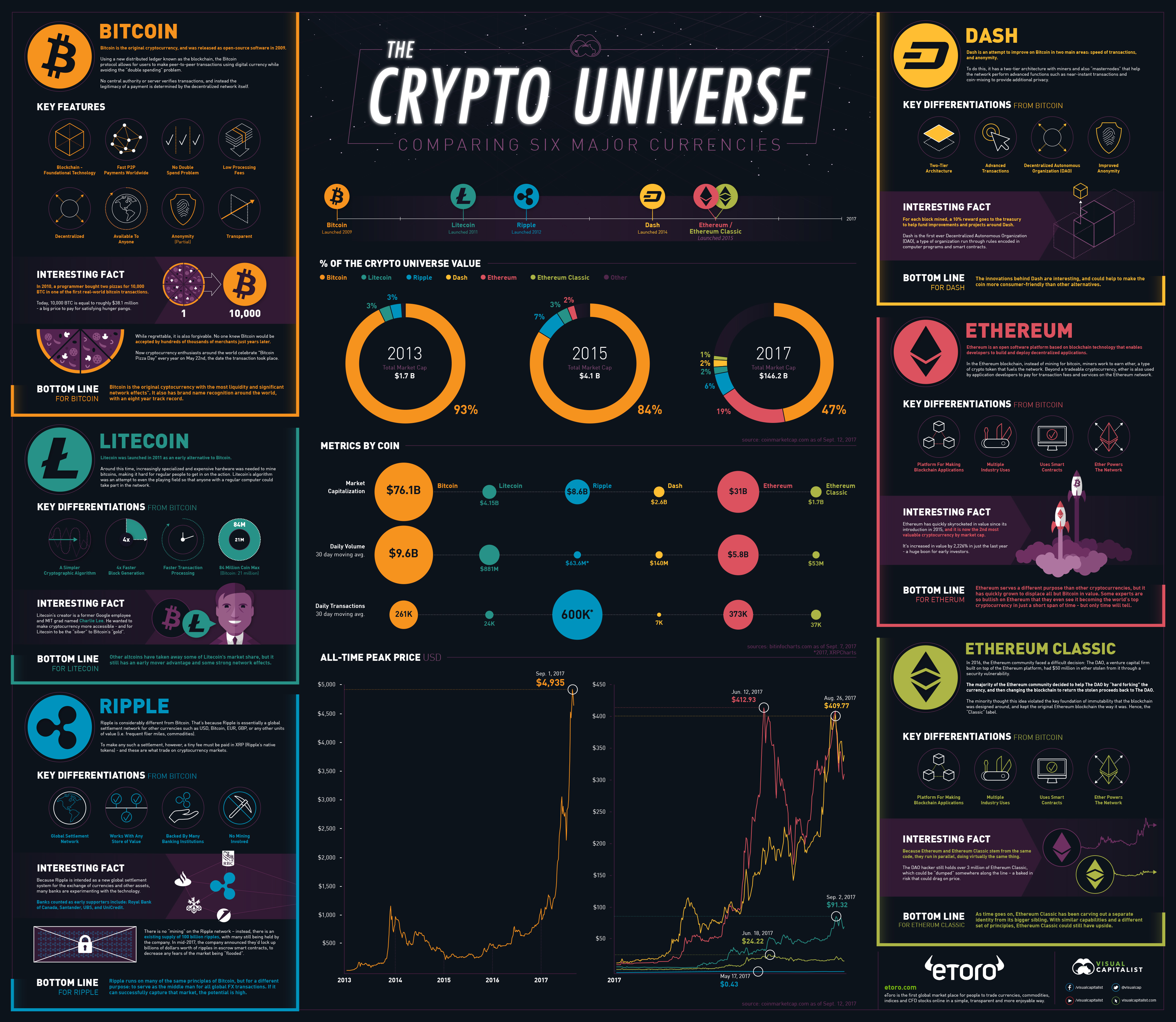cryptocurrency definition
Cryptocurrency definition
Coinbase Earn emerges as a straightforward and effective way to earn free cryptocurrency through staking and learning on the platform. The programs offer a seamless blend of security and ease, characteristic of the renowned Coinbase crypto exchange. https://allaboutfireprotection.net/ However, remember that while these offers are enticing, any investment is always at risk. The value of your assets can rise or fall, and profit is never guaranteed.
• Users engage in cryptocurrency education lessons that include text and images. After each lesson, they answer a question to earn crypto rewards from a specific cryptocurrency project. Typically, rewards are small denominations of cryptocurrency, usually between $1 and $10.
Celsius and BlockFi’s dramatic downfall highlights the fragility of centralized lending platforms in the crypto space. Celsius’ unraveling, triggered by regulatory investigations and founder Alex Mashinksy’s legal troubles, exposed deep-rooted flaws in the platform’s business model. Similarly, BlockFi’s troubles, including regulatory fines and liquidity issues, cast doubt on the sustainability of centralized lending operations. These incidents underscore the need for stringent regulatory oversight and investor vigilance in the crypto lending sector, prompting a shift towards decentralized alternatives that offer greater security and transparency.
This guide illustrates the top ways to earn free crypto using Coinbase and various Coinbase Earn alternatives. Some of the other options highlighted in this piece include KuCoin staking, Wirex lending, Margex Yield, and YouHodler.
One of the main advantages of play-to-earn games is the potential for substantial rewards. Players who invest time and effort into these games can accumulate valuable digital assets, which can appreciate in value over time.
China cryptocurrency
Early in March, President Biden signed off on the long-awaited Executive Order on Ensuring Responsible Development of Digital Assets, a high-profile acknowledgement of the potential of the cryptocurrency industry.
The potential implications of cryptocurrencies for global financial stability, and the distinctive nature of the underlying technology, evidence the importance of prioritizing regulatory discussions and decisions, both at a national and a global level.
Globally, central banks and regulators already have their eyes on this growing trend. Though they share a common objective — stabilizing their monetary systems and spurring innovation and economic growth — countries from China to El Salvador have already starting weighing up and implementing different regulatory options.

Early in March, President Biden signed off on the long-awaited Executive Order on Ensuring Responsible Development of Digital Assets, a high-profile acknowledgement of the potential of the cryptocurrency industry.
The potential implications of cryptocurrencies for global financial stability, and the distinctive nature of the underlying technology, evidence the importance of prioritizing regulatory discussions and decisions, both at a national and a global level.
Cryptocurrencies
Regulators in several countries have warned against cryptocurrency and some have taken measures to dissuade users. However, research in 2021 by the UK’s financial regulator suggests such warnings either went unheard, or were ignored. Fewer than one in 10 potential cryptocurrency buyers were aware of consumer warnings on the FCA website, and 12% of crypto users were not aware that their holdings were not protected by statutory compensation. Of 1,000 respondents between the ages of eighteen and forty, almost 70% wrongly assumed cryptocurrencies were regulated, 75% of younger crypto investors claimed to be driven by competition with friends and family, 58% said that social media enticed them to make high risk investments. The FCA recommends making use of its warning list, which flags unauthorized financial firms.
Many banks do not offer virtual currency services themselves and can refuse to do business with virtual currency companies. In 2014, Gareth Murphy, a senior banking officer, suggested that the widespread adoption of cryptocurrencies may lead to too much money being obfuscated, blinding economists who would use such information to better steer the economy. While traditional financial products have strong consumer protections in place, there is no intermediary with the power to limit consumer losses if bitcoins are lost or stolen. One of the features cryptocurrency lacks in comparison to credit cards, for example, is consumer protection against fraud, such as chargebacks.
The 2024 elections in the US, Asia, Europe and Africa are poised to influence the global regulatory framework for Bitcoin and crypto. Follow CoinDesk for essential updates and expert analysis to see what’s at stake.

Regulators in several countries have warned against cryptocurrency and some have taken measures to dissuade users. However, research in 2021 by the UK’s financial regulator suggests such warnings either went unheard, or were ignored. Fewer than one in 10 potential cryptocurrency buyers were aware of consumer warnings on the FCA website, and 12% of crypto users were not aware that their holdings were not protected by statutory compensation. Of 1,000 respondents between the ages of eighteen and forty, almost 70% wrongly assumed cryptocurrencies were regulated, 75% of younger crypto investors claimed to be driven by competition with friends and family, 58% said that social media enticed them to make high risk investments. The FCA recommends making use of its warning list, which flags unauthorized financial firms.
Many banks do not offer virtual currency services themselves and can refuse to do business with virtual currency companies. In 2014, Gareth Murphy, a senior banking officer, suggested that the widespread adoption of cryptocurrencies may lead to too much money being obfuscated, blinding economists who would use such information to better steer the economy. While traditional financial products have strong consumer protections in place, there is no intermediary with the power to limit consumer losses if bitcoins are lost or stolen. One of the features cryptocurrency lacks in comparison to credit cards, for example, is consumer protection against fraud, such as chargebacks.
The 2024 elections in the US, Asia, Europe and Africa are poised to influence the global regulatory framework for Bitcoin and crypto. Follow CoinDesk for essential updates and expert analysis to see what’s at stake.


